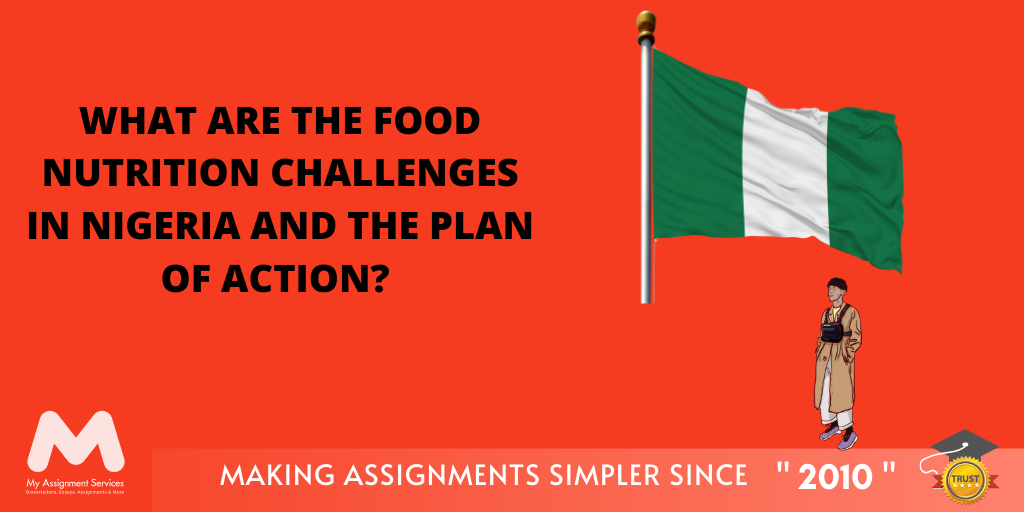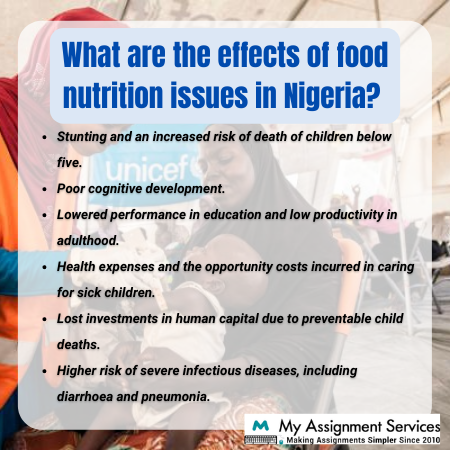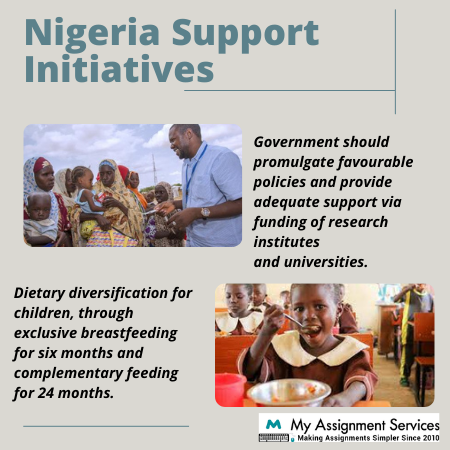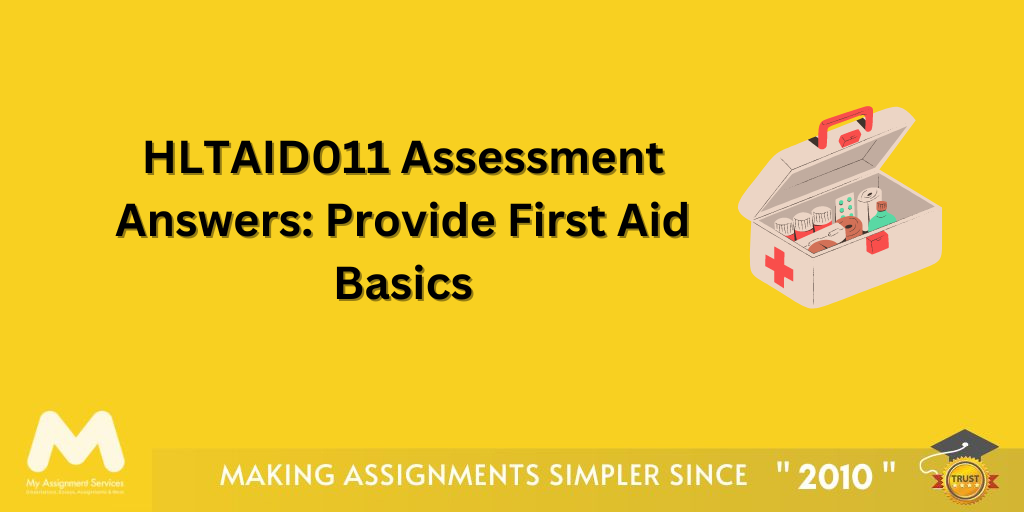
Malnutrition is among the leading causes of morbidity and mortality in children under five in Nigeria. Nearly two million children are suffering from iron and vitamin A deficiency caused due to a lack of food nutrition in Nigeria, making Nigeria the country with the largest number of stunted children in the world.
Known as a major oil exporter and has a flourishing agriculture sector that contributes over 20% to the nation’s GDP. It's almost unbelievable that the country still suffers from malnutrition and stunting among children under five. The economic crisis worsened due to covid, and healthcare expenditure increased manifolds.
SAM or Severe acute malnutrition is described as a very low weight-height ratio (less than -3z median score as per WHO development norms). Nearly 2 million infants and children in Nigeria suffer from SAM. - WHO (World Health Organisation)
This blog will discuss the current issues Nigeria is facing, the reasons behind it, the government’s initiative for improvement along with the UN, and raising awareness via food nutrition in Nigerian universities.

What are the Nutritional Challenges in Nigeria?
The actual window of opportunity for preventing malnutrition in children is from birth to two years of age, also known as the 1000 days window. Still, the prevailing food nutrition issue in the country is long-prevailing. Stunted children face issues like slow brain development and physical growth. More prevailing issues as per recent research (Nigeria Malnutrition Factsheet, 2015) are:
- Over 1 million children don’t even live to see their fifth birthday each year in Nigeria. More than half of these deaths are caused due to malnutrition.
- Stunting rates have been on the rise for over a decade. Every two children out of five are stunted, and these rates vary throughout different regions of the country.
- Thirty percent of children in Nigeria are underweight; their BMI is severely lower for their age. The disparity in food nutrition in Nigeria is more than twice its neighbour Ghana.
- The death rates due to malnutrition and underweighting have increased over the last decade, from 18 percent in 2013 to 32% in 2018 (UNICEF, 2018).
- Nearly two million children under the age of five suffer from SAM (Severe acute malnutrition).
- Many of the children in Nigeria are severely malnourished to the point of dying unless provided urgent healthcare.
- Every 4 out of five children in Nigeria fail to meet WHO’s advised healthy body measurements due to a lack of exclusive breastfeeding for the first 6 months after birth.
- Over 70% of 6 to 23 months aged children are not provided with an adequate diet for their age.
Malnutrition is a major or underlying reason for nearly 45% of the global deaths of children under-five. - WHO (World Health Organisation)
The prevalence of malnutrition in Nigeria has been a national and global concern. The WHO’s recent reports suggest that the country is on the brink of a Sahelian crisis; with the situation continuing to worsen with the COVID restrictions, the country’s future might be at stake. But, what are the reasons for the prevailing situation? Does adding food nutrition in Nigeria universities as a curriculum an effective resolution? Let’s find them in the following sections.
Nursing tests your education implementation and empathy. All nurses are derived from their dedication to serving the needy. But before you can contribute to society, you might be interested in completing that research paper waiting on your desk. When at it, you might need nursing assignment help from experts. Fill out the enrollment form to get affordable expert assistance and free academic resources.
What are the Reasons Behind the Challenges in Food Nutrition in Nigeria?
The distribution of resources shows a disparity of huge levels, and hence food nutrition issues are worsening by the day. Despite various past and ongoing approaches to fix these problems, the problems persist. According to research (et al. Caesar, 2015), Nigeria is facing such challenges regarding food nutrition due to:
Instability of Food Supplies
Nigeria has presented stability in the food supply chain due to poor harvest. The reasons for the same are climate change, soil degradation at alarming rates, flooding, drought, etc. These natural instances result in losses affecting the food supply chain. Due to such issues, food prices increase rapidly, and the poor are the most affected.
Poor Food Choices
A lack of access or an inability to buy proper food grain result in these people switching to starch-based foods with low protein intake. A lack of education also robs the poor communities of their right to healthy nutrition as they can’t compete with those in power.
Policy Inconsistencies and Corruption
The policies set for food provision go through frequent changes, hence the ineffectiveness of the agencies appointed for the same. Every new party in power put forward several changes in the food supply programs and even completely discarded the ones in effect. Such a situation disturbed the little stability achieved through time.
Poverty and Hunger
The prevalent poor economic condition in the country results in grave poverty and hunger in the population. Often the food provided do not meet the nutritional requirements, but the poor are more concerned about filling their stomach than meeting the nutritional requirements.
Conflicts
The religious and ethnic conflicts affect the country’s political stability and the food supply chain. It is also a leading reason for structural violence without declaring war, resulting in resource scarcity.
Nigeria is Africa’s most populated nation; the largest contributing factors to the national economy are oil export and food production. It is a major global food importer and yet has extensive food insecurity. - IFPRI (International Food Policy Research Institute)
The issues faced by the population of Nigeria aren’t some that developed recently but have been ongoing for a long time and are still in action. Poverty is the greatest challenge of all; according to NBS (National Bureau of Statistics), four out of every ten Nigerians are below the poverty line. But, what is the government doing?

How Effective is the Plan of Action for Preventing Malnutrition in Nigeria?
Nigeria still has scope to get better and provide better for all its citizens in the future. Several initiatives and measures have been implemented at an international level; a few of them are:
- NPAN (National Plan of Action on Food and Nutrition) in Nigeria has effectively initiated (still ongoing) food distribution programs. They aim to improve food security at the individual and household levels. Enhance the caregiving capacity of mothers through proper nutrition pre and post-natal.
- The education and research institutions in Nigeria are continuously
- For example, the role of educational and research institutions - Arable Crops Research Institutes and NIMR (Nigerian Institute of Medical Research), in ensuring proper food nutrition and healthcare to the population cannot be ignored.
- Further, food nutrition in Nigerian universities helps spread awareness about the prevailing issues and equips the next generation to surpass them with skills and knowledge.
- At the communal level, the various families can collaborate to sustain food grain through communal farming and the establishment of food banks.
Recent data from Nigeria shows that 37% of children are stunted, 46% are in cities, and 27% are in rural areas. The north-western region is at 60%, and more than half of the children population suffers from Vitamin A and iron deficiency. - CGIAR (Consortium of International Agricultural Research Centres)
The Nigerian food industry has made gradual progress and is still actively developing. Nigeria still ranks #3 amongst the third world countries with a human development index of 0.354. The collaborative efforts by the government and communities are the most effective in surpassing such limitations for the masses to create a better tomorrow for generations to come.
Nursing students must submit assignments, reflection reports, case studies, clinical lab reports, research papers, etc. You will have to complete all these throughout your course and practice, get expert help to complete all these, and get added access to free academic resources. Fill out the enrolment form to get affordable nursing assignment help.
Related Study Materials
Our Experts can answer your Assignment questions instantly.
Ask Question0 Comment
Get It Done! Today
1,212,718Orders
4.9/5Rating
5,063Experts













Loved reading this Blog? Share your valuable thoughts in the comment section.
Add comment